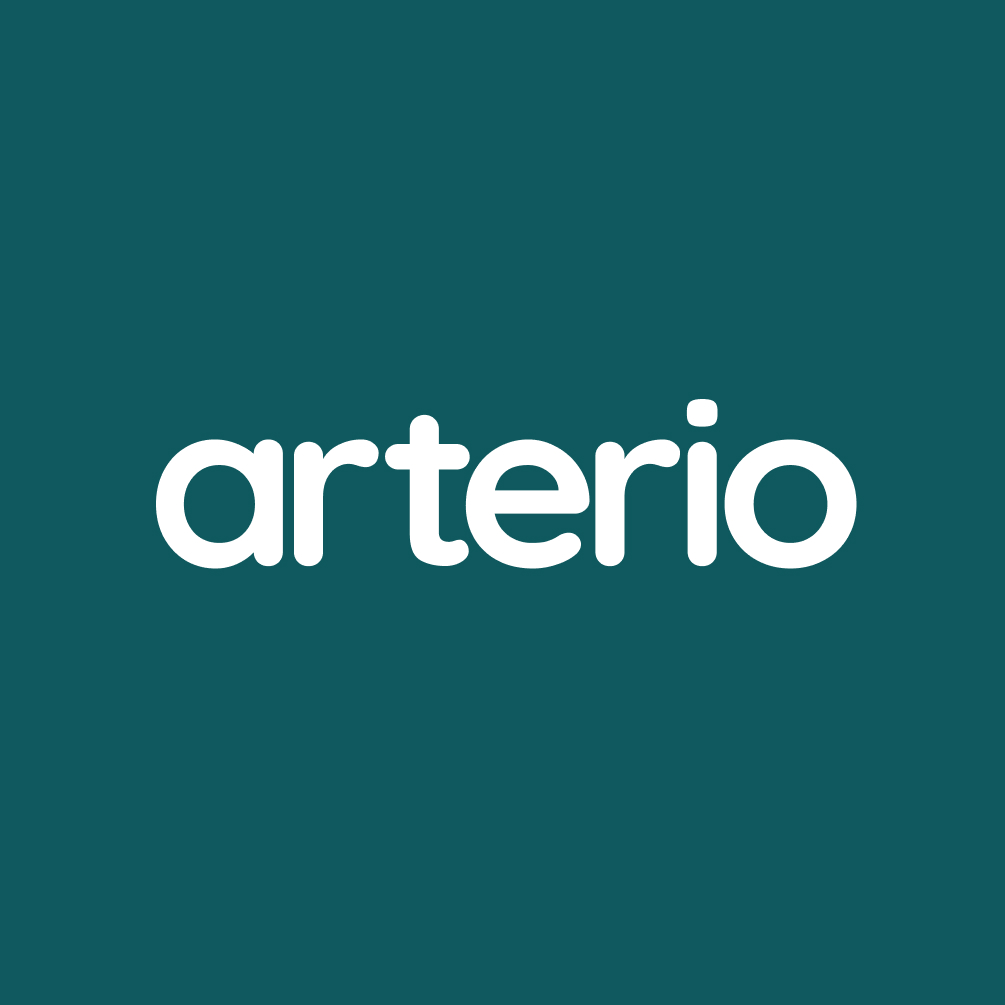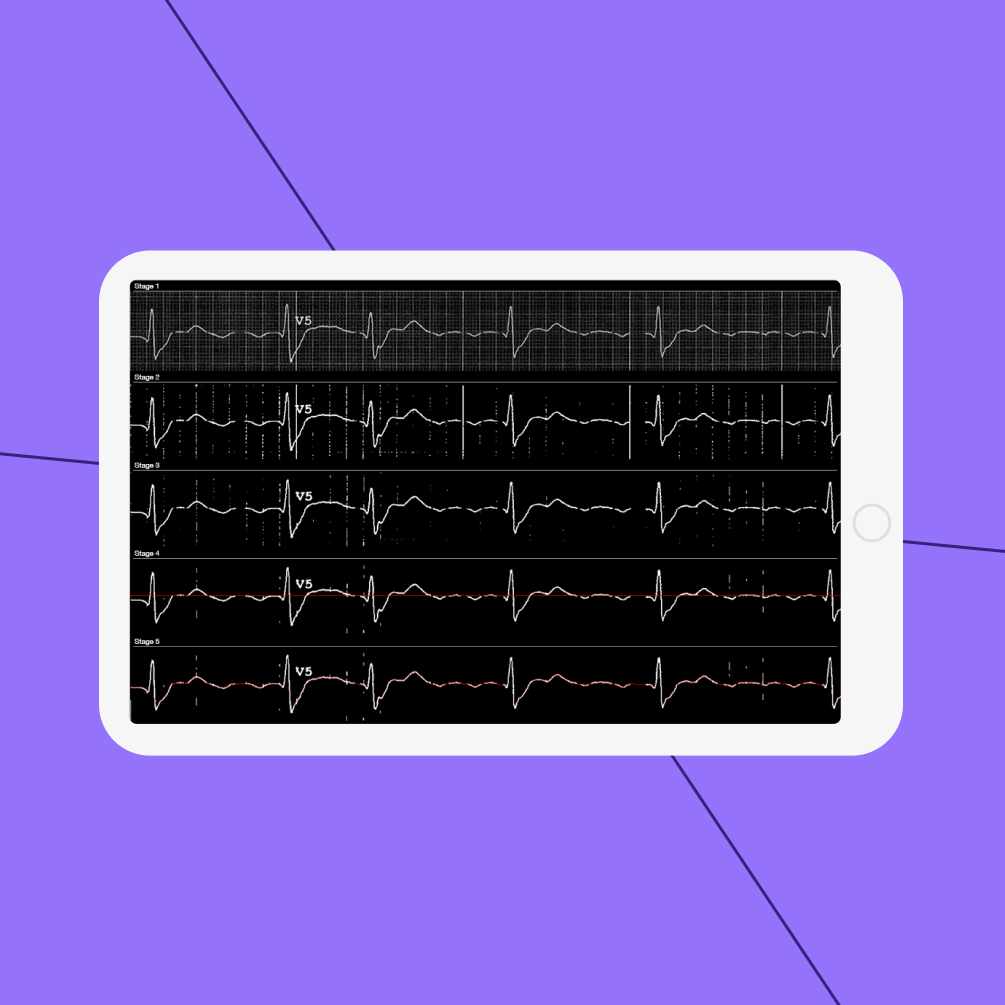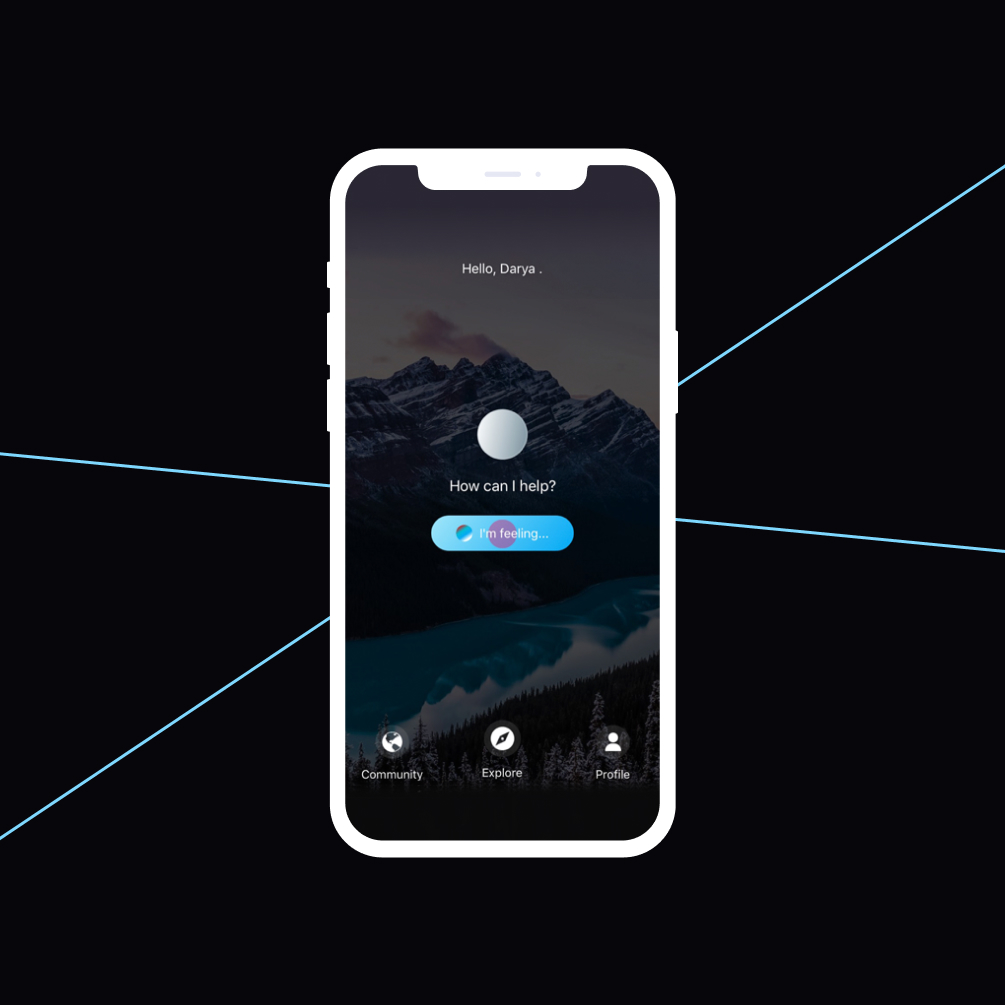Physical Therapy Software: Physiapp
Mobile app designed to help physical therapy patients recover faster.
- Industry
- Healthcare
Customer goal
Lack of supportive talent assistants available to train physiotherapists is one of the biggest challenges in the physical therapy branch. As physical therapy covers many fields including sport, pediatrics, orthopedics, neurology and etc., it is difficult for physicians to stay aware of new techniques across all areas and find a skilled mentor. It causes lack of good quality care required for physical therapy patients in certain areas.
Digitalization of physical therapy via apps and online platforms can help to distribute professional physical therapy treatment. That’s why our customer decided to develop a hybrid mobile application with a set of specific features for a wide range of physical therapy patients.
Solution
We developed a hybrid mobile application using React Native technology to make this platform more accessible and optimize software development resources.
The user journey starts with registration or authorization. The creation of the user’s profile provides secure data storage of the patient’s history, recovery progress and treatment plans. Patients can update their everyday status by responding to a simple questionnaire and identifying their pain level. Patients’ progress is displayed via nice user-friendly graphs for quick and easy data understanding.
Authorized users have access to video and audio presentations of their exercises from their custom care plan based on a patented MD-certified algorithm. The application tracks patients’ progress and displays a positive feedback indicator after moving to the next level . It helps patients to stay motivated and not to give up.
Our QA Team performed manual testing of the developed functionality and regression testing to meet all requirements in the specification.
Features:
- New user registration/ existing user authorization;
- Patient’s status update;
- Exercise screen with video and audio presentation;
- Patient’s progress tracking;
- Custom exercise plans based on a proprietary algorithm;
- Positive feedback indicator;
- Graphs with metrics of the recorded activity.
Improved patient engagement and adherence to personalized treatment plans, leading to faster recovery and better outcomes.
Increased efficiency for physiotherapists through automated progress tracking and customized exercise plans, allowing more focus on quality care.
Expanded access to high-quality physical therapy services, particularly in underserved areas, via digitalization, potentially reducing healthcare disparities.



